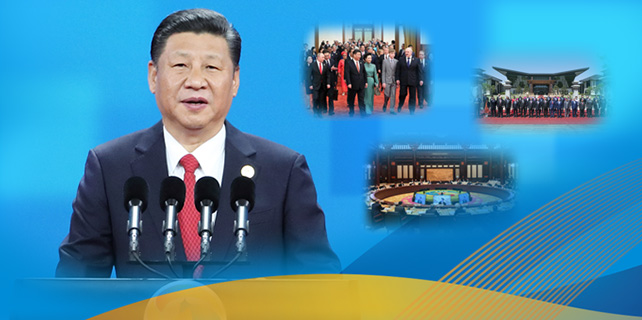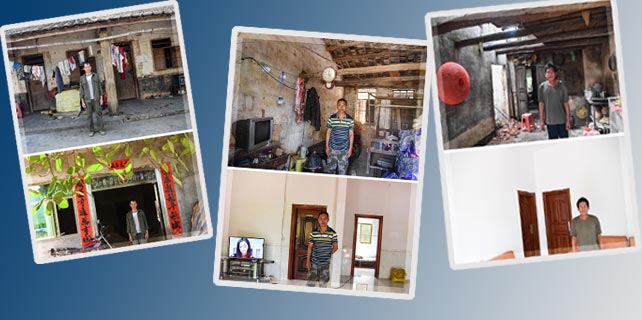Investors embrace Chinese REITs
 |
|
A representative of a real estate developer in Suzhou promotes an upcoming project to prospective buyers at a shopping mall, where a model of the property was kept on display at an industry event. WANG JIANKANG / FOR CHINA DAILY |
Real estate investment trusts or REITs are becoming popular in China.
Analysts said in China, as more investors increasingly eye long-term income instead of quick money from the real estate market, demand for REITs is expected to grow fast.
REITS are a channel to securitize property assets and generate stable and steady yields for investors, they said.
REITs enable small investors to participate in, and earn income from, large-size investments in real estate projects such as a shopping malls and hotels, which are managed by professionals.
REITs help lower retail investors' threshold of investing in properties and offer better liquidity as they can trade their holdings in a property much more easily than trading a property itself.
For project owners and operators, REITs help raise funds from the capital market.
For example, in 2015, Shenzhen-based Vanke launched an investment product that was managed by Penghua Fund Management and listed on the Shenzhen Stock Exchange. Minimum investment size was about 100,000 yuan at the time, and the project was a fully let office park.
Stephanie Zhao, a 36-year-old investor in Shenzhen, said she has been tracking REITs-related news, including product launches, since early 2015. So far, she has invested 4 million yuan in two REITs-backed projects.
"In Shenzhen, with the money I had access to, I could barely buy a decent apartment in central area, due to high prices and purchase limits. But REITs-backed products offer me long-term yields, help diversify my portfolio, and I can sell my holdings easily," she said.
"Strictly speaking, this REIT differs from many other REITs in mature markets such as Hong Kong, Singapore and the United States in terms of the portion of real estate assets in the investment portfolio, ownership of the property and dividends from rental yields ... Chinese investors and developers are embracing REITs as a channel for real estate investment," said a research note from DTZ.
In the US, a REIT must have more than 75 percent of assets related to properties or mortgage, and more than 75 percent of its income must be from rent or mortgage interest.
That's not all. More than 90 percent of taxable net income must be distributed as dividends, and investors must exceed 100. Five or fewer investors cannot hold a combined size of more than 50 percent of shares.
Enterprises are also playing an active role in the global REITs market. Many REITs listed in Singapore and Hong Kong own properties on the Chinese mainland, 69 of which have been included in 15 REITs listed in Hong Kong and Singapore by the end of 2016, according to DTZ research.
According to Hu Jianmin, valuation expert with Savills North China operations, China's REITs market needs further infrastructure development. A clear definition of REIT and relevant regulations to cover aspects like project quality, valuation and screening for investors are needed.
"Currently, retail investors are not fully engaged in REITs-like products. If these details are made clear in the near future, the REITs market in China could be significant," said Hu.









